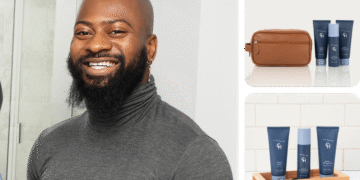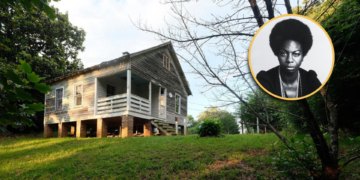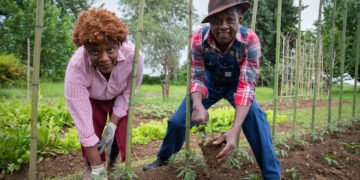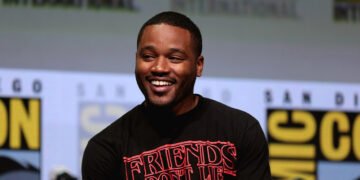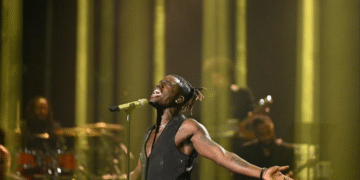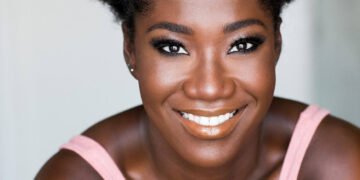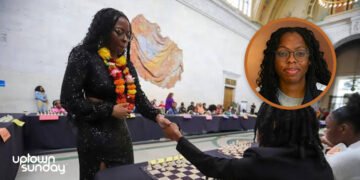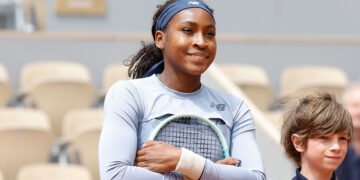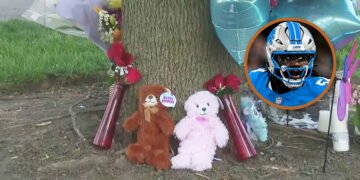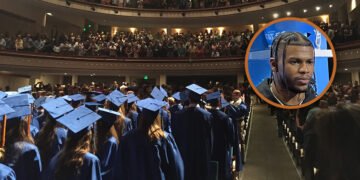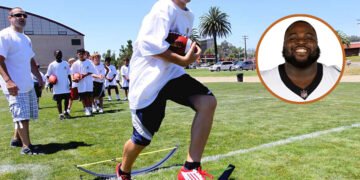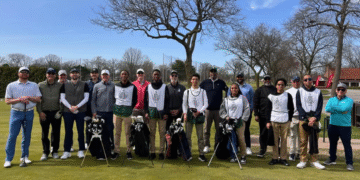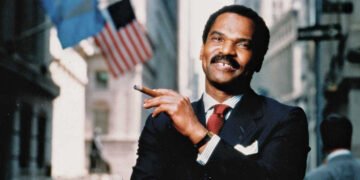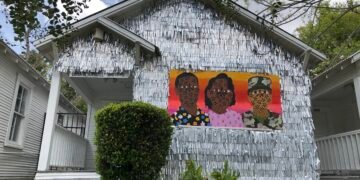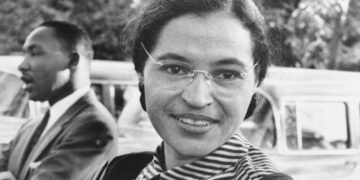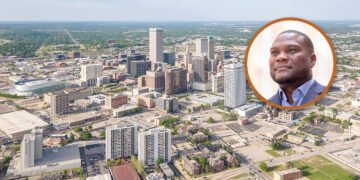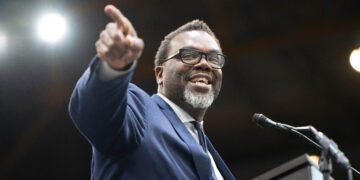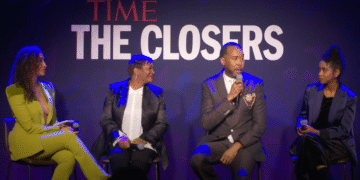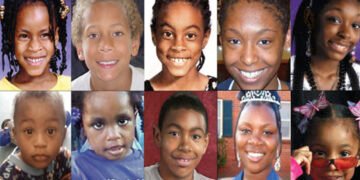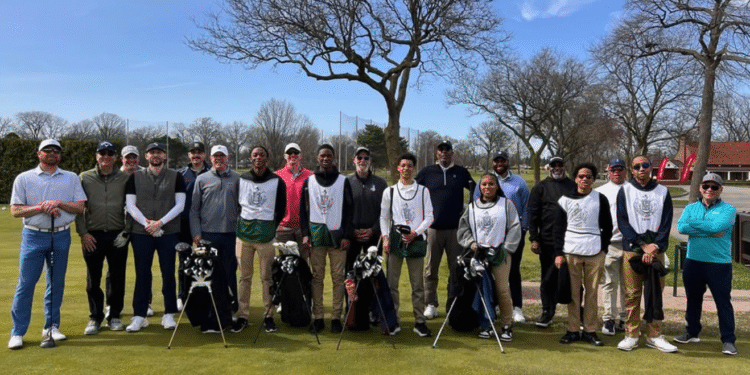Golf is often seen as a sport of exclusivity—green lawns and country clubs, far removed from the inner city. But in Detroit, a grassroots revolution is underway to make the game accessible to Black youth.
With fewer than 50 students across the city’s 14,000-student public school system participating in golf, a determined coalition of educators, nonprofits, and sponsors is working to bring golf to Black youth who otherwise might not have exposure to the sport or the opportunity to play. But it’s not just about golf. “This is about giving kids access to spaces they’ve been told don’t belong to them,” said Brian Lee, a Detroit high school coach who’s recruited several athletes from other sports into the city’s growing golf programs. “We’re not just teaching them how to play—we’re teaching them they deserve to be in any room, any course, anywhere.”
A Game Changer in Motion
Central to this transformation is First Tee of Greater Detroit, a nonprofit that teaches life skills through golf, often to children from underserved neighborhoods. Thanks to increased visibility from the Rocket Mortgage Classic, a PGA Tour event hosted annually in the city, First Tee and similar programs have received an influx of funding, nearly $800,000 from the tournament’s total of $9.6 million raised since 2019.
That money isn’t just going toward green fees and golf clubs—it’s helping build indoor golf simulators, paying for travel to tournaments, and funding scholarships. These efforts are helping shift the perception of golf from a sport of privilege to a tool of empowerment.
“We want golf to be something our kids see as theirs,” said Anika Washington, a program director at First Tee. “They should see it as something that belongs in their neighborhoods and their futures.”
“We’re teaching them they deserve to be in any room, any course, anywhere.”
Representation on the Rise
Increased participation is already making waves. Schools like Renaissance High have fielded competitive teams for the first time in years, while others are introducing golf as an option in P.E. classes. Meanwhile, young Black players from Detroit are starting to earn recognition in state tournaments—a sign that talent and passion were never the issue, only access.
“It feels good when people look at you and say, ‘Wow, you’re good at this,’” said Jaylen Morris, a 16-year-old student who picked up golf just last year. “Most folks don’t expect to see someone like me out here. That just makes me want to be better.”
Looking Ahead
There’s still a long way to go. Most public schools in Detroit don’t have access to golf courses or dedicated coaches. But with continued investment, mentorship, and community belief, the future of Black golf in Detroit looks brighter than ever.
The movement is less about producing the next Tiger Woods (though no one’s ruling it out) and more about rewriting the script—about belonging, discipline, and legacy. In the words of Coach Lee:
“Every swing is a statement. Every round is proof that we’re here—and we’re not going anywhere.”
Uptown Sunday is proud to highlight stories that celebrate our communities, shift narratives, and plant seeds for future greatness. Golf may be the game, but empowerment is the goal.

